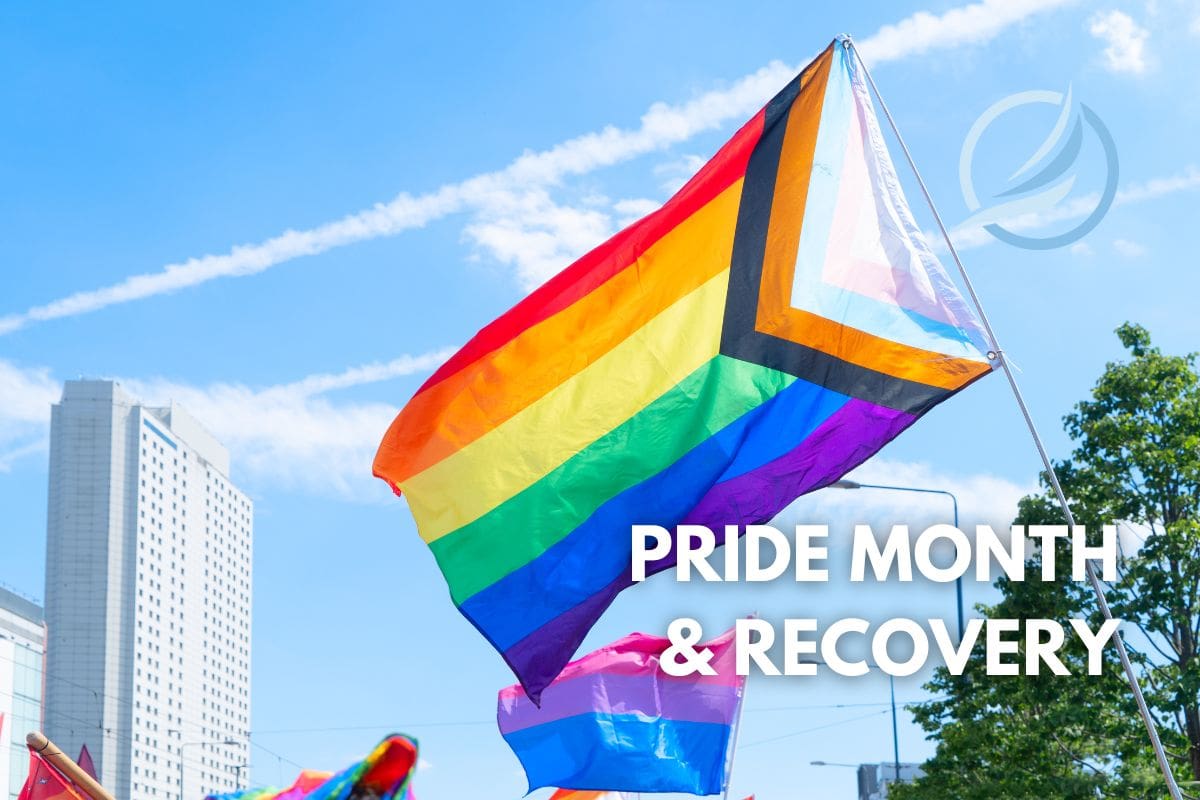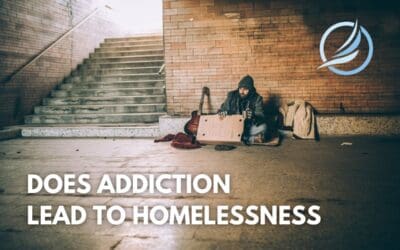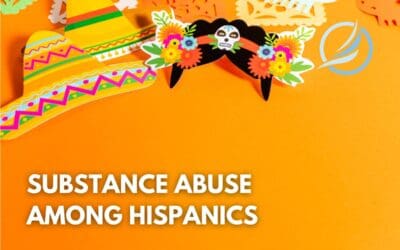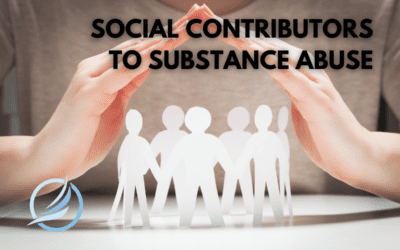Pride Month started as the anniversary of the Stonewall riots of 1969. Decades later, it has become a time to honor the progress made in LGBTQ++ rights, reflects on ongoing struggles, and celebrate the community’s diversity and resilience.
But as with many other celebrations, Pride Month often involves alcohol and sometimes other substances, which can make them untenable for LGBTQ++ people in addiction recovery.
This post will explore how to balance Pride Month and recovery, helping you celebrate the LGBTQ++ community while caring for yourself as you progress on your recovery journey.
Planning Sober Pride Celebrations
As you prepare to celebrate Pride Month, here are some ideas for keeping your celebrations sober and safe.
Identifying Triggers
Like most parties, many pride celebrations include quite a bit of alcohol. For someone looking to stay sober, attending such events where alcohol is prominent and seeing others around them indulging in these beverages may cause feelings of loneliness and isolation, and this can be triggering for them.
Other triggers that many LGBTQ+ folk have to be mindful of include:
- The stress of openly presenting themselves as LGBTQ+ in a social setting.
- Not being able to celebrate with loved ones who don’t accept them.
- Feeling generally isolated from the people in their lives.
If you intend to participate in events that will involve substances, it’s wise to bring a friend along with you who understands your sobriety to help manage potential triggers.
Setting Boundaries
During recovery, boundaries are physical and emotional limits we set as a way to safeguard our well-being.
Healthy boundaries are important because they help us put a limit to behaviors and situations that may be triggering, helping us establish relationships that are safe and supportive of our recovery.
Some of the ways LGBTQ+ folks in addiction recovery can establish healthy boundaries during Pride Month celebrations include:
- Bringing a sober buddy to provide mutual support.
- Seeking sober events and planning your own.
- Have an exit strategy if you feel triggered, including a prepared excuse and transportation.
- Rehearsing responses beforehand to politely decline when offered drinks or drugs.
- Limiting the amount of parties you attend and leaning on more quiet celebrations.
Sober Activities to Celebrate Pride Month
Luckily, there are plenty of sober activities that you can opt for to celebrate Pride Month.
Participating in Virtual Events
Participating in virtual Pride celebrations can be incredibly helpful for recovering LGBTQ+ people. The online format offers unique benefits supporting sobriety while allowing you to engage with your community.
Some of the benefits include:
- It’s sober by default.
- It’s a controlled environment where you are mostly free from triggers.
- If you encounter a trigger, you can easily leave the virtual meeting.
- It’s more accessible to those with social anxiety or mobility issues.
- You don’t have to commute to the event site.
Overall, virtual celebrations allow LGBTQ+ people in recovery to engage with Pride’s themes without being as vulnerable to addiction triggers.
Hosting Sober Gatherings
Hosting your sober party is hands-down the best way to have a sober Pride celebration because you can control everything about the event and set the sober tone from the start.
First, ensure that everyone invited understands this will be a sober party. Make it very clear in the invitations. Some may not like it, but it’s your party, and you can set the tone.
Once that’s out of the way, these are some of the sober party ideas you may want to try:
- Mocktail bar. Offer a variety of colorful, non-alcoholic drinks. Pride-themed mocktails are options.
- Trivia night. Questions about any topic your social circle finds interesting.
- Pride karaoke. Compile songs by LGBTQ+ artists or anthems and belt them out with loved ones.
- Queer book club meetup. Discuss a pre-selected LGBTQ+ novel or poetry collection.
- LGBTQ+ movie marathon. Screen films that inspire or educate, like “Paris is Burning” or “Milk.”
Volunteering and Giving Back
Volunteering during Pride Month offers unique healing for those in addiction recovery. It helps them connect with the people around them, build a support network, and find a sense of purpose crucial during recovery.
You could staff sober tents, help mentor LGBTQ+ youth, or volunteer at any organization you want.
Regardless of what you volunteer for, the point is that giving back to your community combats isolation, which is a common relapse trigger, by fostering community connections. Also, service work boosts self-esteem as you make a tangible difference in people’s lives.
Finding Support During Pride Month
While Pride Month is all about celebrating, it can also be challenging for those in early sobriety or strained relationships. It’s essential to seek support during this time.
LGBTQ+ Recovery Groups
Connecting with fellow LGBTQ+ individuals in recovery is crucial, as they may provide insights into shared experiences with being both LGBTQ+ and experiencing addiction.
However, it can be hard to find LGBTQ+ recovery support, especially in some regions of the country that are less accepting. While it may be challenging to find them depending on where you live, keep your eyes peeled for organizations like:
- Gay & Sober. An organization that provides education and support for LGBTQ+ people.
- Gays and Lesbians in Alcoholics Anonymous. An AA group focused on LGBTQ+ people.
Seeking Professional Help
Everybody benefits from professional support during addiction recovery, but LGBTQ+ folk often have to deal with discrimination in addition to the stigma of addiction.
As a result, they should seek help from therapists or counselors who prioritize inclusiveness. If possible, look for therapists, counselors, or programs explicitly experienced with queer issues.
Above all, remember that your identity isn’t separate from your recovery—it’s integral to it, and choosing a professional that has experience with LGBTQ+ people will help you integrate solutions for your unique challenges.
Staying Connected to Your Recovery Plan
Don’t forget that celebrating yourself means also staying connected to your sobriety plan.
Maintain Your Routine
For LGBTQ+ individuals in addiction recovery, routine is not just helpful. It’s essential. Because many LGBTQ+ people have faced unpredictability in their lives, from family rejection to discrimination and their challenges in finding consistency in life, a structured routine acts as an excellent counter that provides a sense of safety and control.
Make no mistake: sticking to a routine is one of the most essential factors that will help you manage addiction. But developing structure can be a significant challenge, so consider the following strategies as you move forward:
- Focus on your self-care first. Develop a daily structure that keeps you healthy and well-rested. Consider regular exercise and going to sleep at the same time every night.
- Plan your meals. Preparing your meals in advance saves you time and helps you focus on more meaningful activities.
- Work on establishing boundaries. Learn to say “no” when an event clashes with your established routine and prioritize your daily structure.
- Take tech breaks. Make a habit of spending specific times unplugged from social media and technology.
- Volunteer. Regularly connecting with your community gives you a schedule to follow and a sense of purpose.
Practice Mindfulness
Mindfulness and self-care are potent tools that can help in navigating the unique challenges LGBTQ+ people face during recovery.
Mindfulness involves being present in the moment and acknowledging your thoughts and feelings without judgment. This practice can help LGBTQ+ individuals manage stress, anxiety, and other emotions that may arise during recovery. Techniques such as meditation, deep breathing exercises, and mindful movement can cultivate a sense of inner peace and stability.
Regularly attending therapy sessions, participating in support groups, and maintaining a healthy lifestyle are critical components of self-care.
By integrating mindfulness and self-care into their daily routines, LGBTQ+ individuals can enhance their resilience, stay connected with their recovery goals, and build a fulfilling life free from addiction.
Celebrate Pride Month While Engaging With Addiction Recovery
LGBTQ+ people in addiction recovery may have a hard time balancing all the feelings that come up around Pride Month with the need to stay consistent with their recovery goals. From parties where alcohol is ubiquitous to finding a support group that is accepting, LGBTQ+ folk in recovery have to face both common and unique challenges when staying sober.
Following the strategies in this article will help inform your recovery path forward, providing you with some of the tools you need to balance Pride Month celebrations with your own needs.
Above all, we encourage you to seek support, especially from healthcare providers who are sensitive to the challenges LGBTQ+ people face and have training to help you manage and overcome them.


































